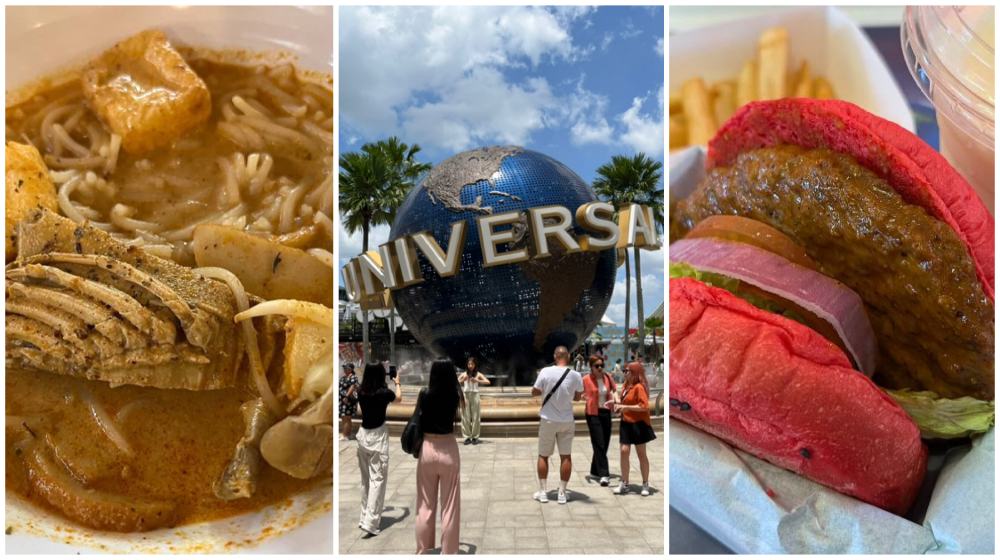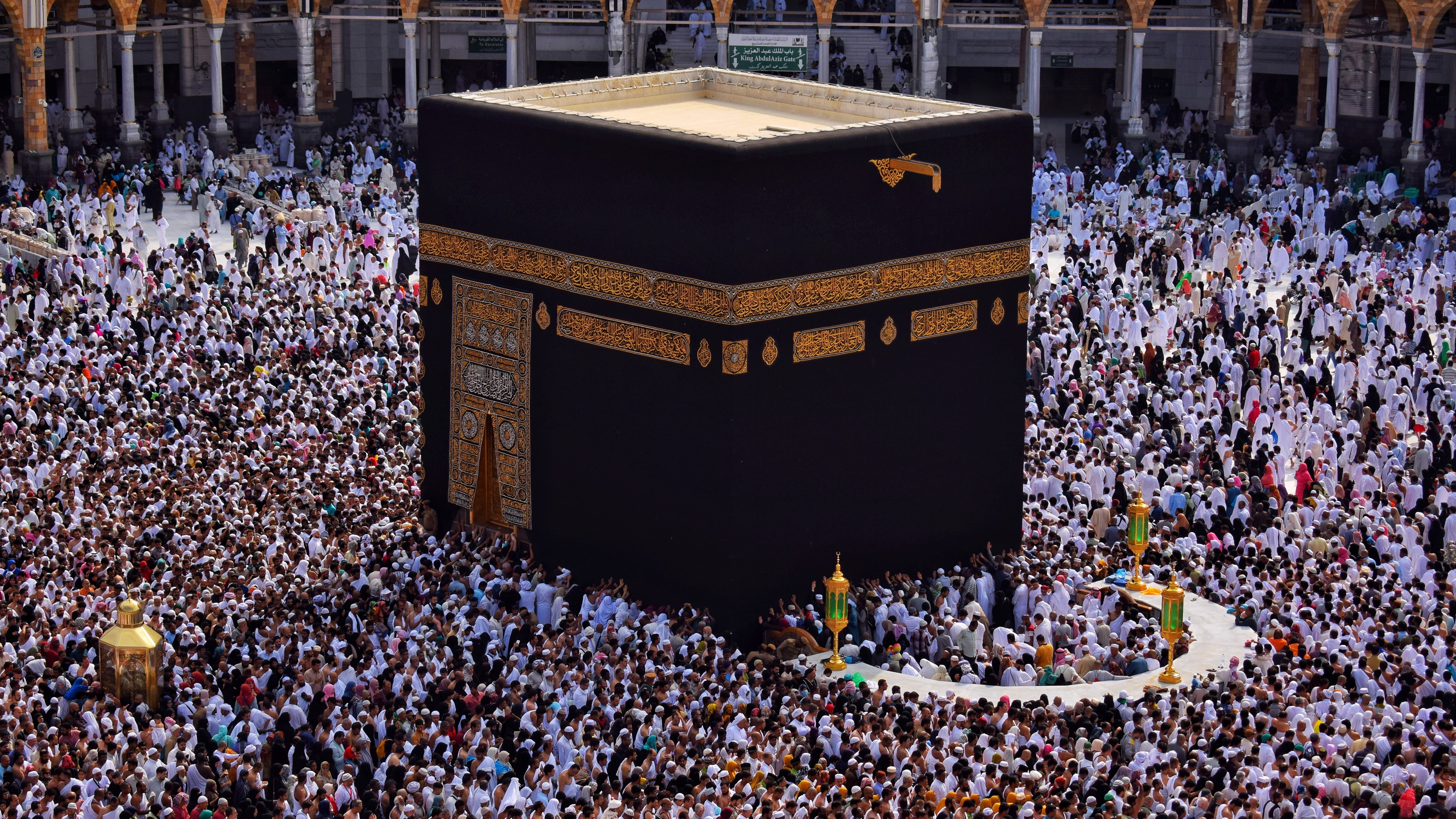Hari Raya Haji: Things You Might Not Know About 'The Great Day Of Sacrifice'
Most Singaporeans are celebrating the weekend today. But those in the Muslim community will also be commemorating a very significant date in the Islamic calendar known as Hari Raya Haji. We spoke with Hafidz Abdullah of the Darul Arqam Muslim Convert’s Association to find out more.
It is also known as the Festival of Sacrifice
“In Islam, it is believed that Prophet Abraham was ordered by God to sacrifice his son Ishmael,” Hafiz explains. “As he was a pious servant of God and would carry out God's commands without question, he was stopped from committing the sacrifice at the last moment and God replaced Ishmael with a sheep.” Hari Raya Haji honours the Prophet’s willingness to sacrifice his son as an act of obedience to God and to recognise his faith. It also brought about the ritual of sacrifice we now know today as Korban (or Qurban). This is not to be confused with Hari Raya Puasa, which celebrates the end of the fasting month of Ramadan.
How the Korban is performed
In past years, one would see a curious amount of sheep being herded into mosques around the country today. After the morning prayers and sermons, livestock such as sheep, goats or cows are sacrificed in accordance to Islamic law or in the ‘halal’ way. It ensures the most humane way of death for the animal. A sharp knife must be used with a swift cut to the two jugular veins which will lead to the brain immediately shutting down from the blood loss. The meat from the sacrifice is then collected and distributed to the poor.
Hafiz further elaborates, “At least one-third of the meat must go to the poor. The other two-thirds are traditionally for one's family & neighbours. Many Singaporeans even perform qurban (or send representatives to do it on their behalf) in poorer South-East Asian or West African communities.” For this people, Hari Raya Haji might be the only time of the year that they get to eat meat.
Since 2020, however, the ritual has involved the sacrifice of sheep in Australia, after which the meat is chilled and flown to Singapore. Those who wish to perform Korban were able to register online with OurMasjid with over 50 participating mosques. Meat will then be distributed to Sohibul Korban (person who performed the Korban) and shared with those in need.
The date shifts according to the Islamic Lunar Calendar
Muslims follow their own Islamic calendar, which is different from our usual Gregorian calendar as it is a lunar one and thus not in sync. “Hari Raya Puasa is on the 1st of Syawal, the 10th month of the Islamic lunar calendar while Hari Raya Haji is on the 10th of Zulhijjah, the last month of the Islamic year,” says Hafiz. The calendars differ by about 11 days and this is why Muslim celebrations are not fixed to a specific date.
It marks the end of Hajj
Hari Raya Haji also has another added significance as it marks the end of Hajj, the annual Muslim pilgrimage to the Holy Cities of Makkah and Madinah. It is the 5th Pillar of Islam and all Muslims are expected to complete it as least once in their lifetimes. For those who are not performing their Hajj, Hafiz says, “The rest of the Muslims would perform acts such as fasting from the 1st to the 9th of Zulhijjah, and on 10th Zulhijjah, do the morning Eid-ul-Adha prayer and help out at the mosque to perform sacrifice of the sheep. Afterwards, there are simple house visits to close relatives for the rest of the day."
For the latest updates on Wonderwall.sg, be sure to follow us on TikTok, Telegram, Instagram, and Facebook. If you have a story idea for us, email us at [email protected].











